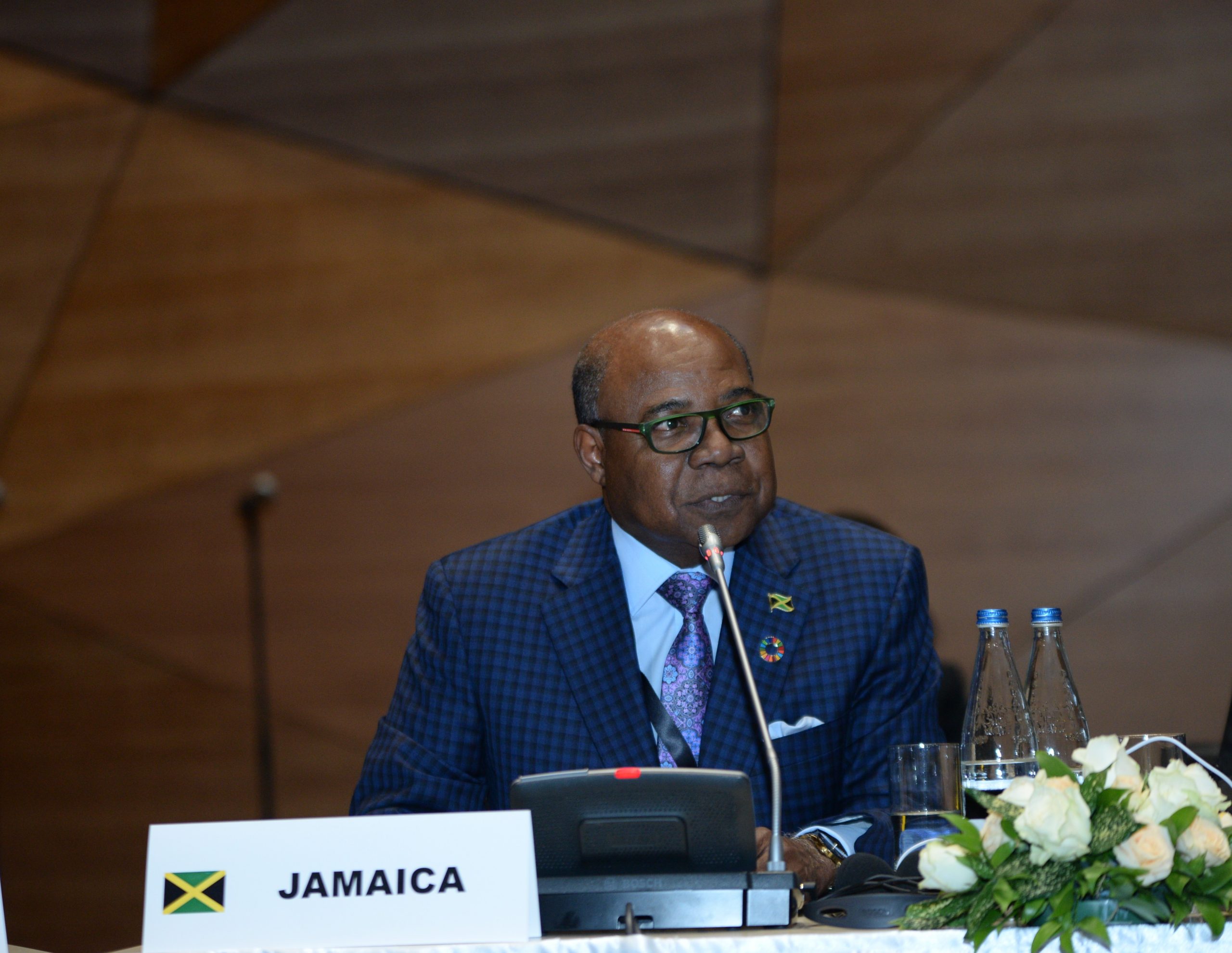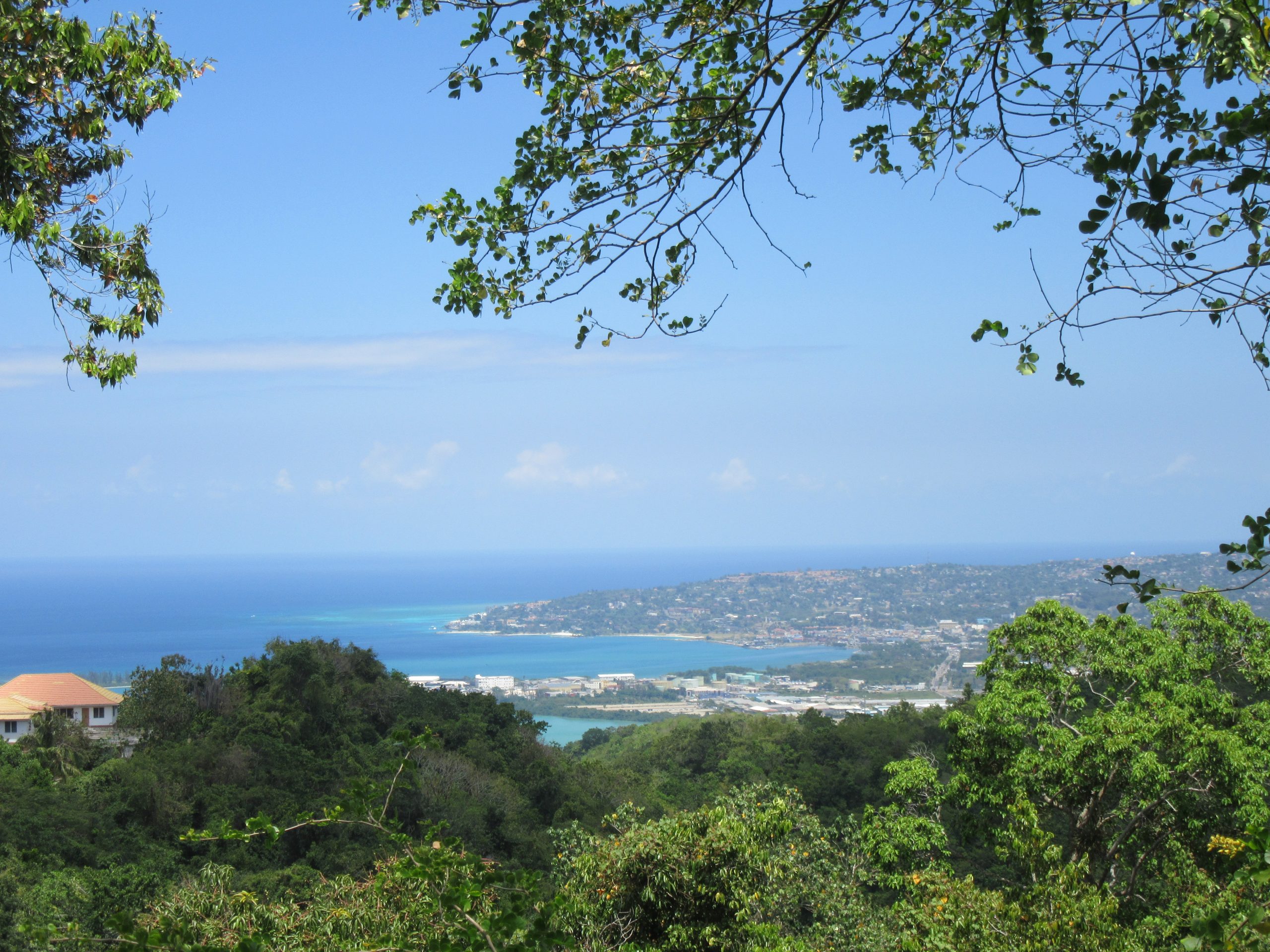Cruise Tourism and the Impact of COVD-19: Resilience and Recovery in the Caribbean
Minister the Hon Edmund Bartlett
Minister of Tourism for Jamaica and Co-Chair Global Tourism Resilience and Crisis Management Centre

Globally, cruise tourism has been significantly affected by COVID19 which has forced border closures in major cruise tourism destinations in in North America, Europe, Asia-Pacific and South America. In dramatic fashion, several cruise lines have been met with no entry signs at various ports resulting in stranding or forced return to port of exit. The cruise ship segment has been especially vulnerable to the COVID-19 outbreak because of its tendency to attract older passengers. One cruise line, in particular, the Ruby Princess, became the epicentre of the pandemic in Europe, with 340 cases at last count. So far, the calculated loss of the cruise tourism industry since the pandemic is US$750 million. Shares in major cruise companies such as Royal Caribbean, Carnival, and Norwegian have also dropped by 60 per cent to 70 per cent.
In the Caribbean, most destinations have not received any cruise ship since February as major companies have temporarily suspended sailings. The downturn in cruise tourism will certainly have negative implications for Jamaica. Over the years, cruise tourism has rapidly evolved into one of the most crucial segments of the national economy, growing by over 300 % within the last ten years. Jamaica has been consistently ranked as the leading cruise destination in the region. The growth and development of the cruise industry segment has been buoyed by the country’s substantial investments to upgrade ports to expand their carrying capacity.
At the beginning of 2020, the projection was that cruise tourism would experience an uptick throughout 2020 with the entry of several new carriers such as Royal Caribbean’s Symphony of the Seas. In January of this year, before the impact of COVID-19, Port Royal became the country’s newest cruise port and welcomed its first ship call. Globally, cruise tourism was also the fastest growing sector of the global tourism industry before the pandemic. Evidently, the disruptive impact of the COVID-19 pandemic has derailed growth forecasts and recent growth trends in cruise tourism. Cruise tourism, has, however, traditionally been one of the most resilient segments of the global tourism industry.
Historically, the cruise tourism sector has been the most well-equipped and experienced in managing and monitoring health conditions of passengers and crew. As a part of their routine operational framework, cruise lines had implemented outbreak prevention and response measures and ships were fitted with medical facilities while shipboard and shore side medical professionals were available around the clock, 24/7, to provide initial medical care in the event of illness and prevent disease transmission. Cruise lines have also taken precautions to conduct passive as well as active screening of passengers and crew for illness prior to boarding when circumstances demanded. Due to these measures, the cruise industry was able to successfully manage infectious outbreaks in the past including H1N1, influenza, measles, legionnaires, norovirus and now the novel coronavirus. Research has shown that cruise bookings in the past have returned to pre-event levels after about 90 days, which offers some optimism in the current situation.
The global cruise tourism industry was also quick to respond to the current crisis. Its response has always prioritized the health and safety of passengers, crew and the communities in the places visited. Following the WHO’s declaration of a pandemic in mid-March all cruise lines registered with the Cruise Lines International Association (CLIA) made the unprecedented decision to voluntarily suspend worldwide operations, making the cruise industry one of the first to do so. This helped to minimize the direct threat of the COVID-19 to millions of cruise passengers and workers.
The CLIA has also been working with local and national governments around the world, as well as leading health authorities and its partners across the wider cruise community to coordinate efforts during the ongoing suspension of worldwide cruise operations. Cruise lines have also adopted pre-board screening and denying boarding to those who have recently travelled from or through affected areas consistent with prevailing guidance from global health authorities. The proactiveness of industry leaders has certainly helped cruise tourism to fare significantly better than most other segments of the global tourism. The CLIA has reported that the vast majority of more than 270 cruise ships within the CLIA member fleet were not affected by this virus.
The Caribbean is well on the way of finalizing their recovery plans as many have activated their Tourism Recovery task Force, which has been tasked with the general responsibility of developing a recovery and growth stimulation framework for the sector. Specific to cruise tourism, we have also activated the “Cruise Recovery Program” which will be chaired by President and CEO of the Port Authority of Jamaica, Gordon Shirley. Tourism is currently working with health to ensure that the visitor experience across the Caribbean, will be a safe one and, several countries and regional organizations are also finalizing additional protocols and framework to enhance the health and safety of the Jamaican tourism product. The hard work of Caribbean stakeholders has paid off as the region is ready and prepared to reopen the tourism space in June 2020.

View of Montego Bay. Photo Credit Melanie Reffes

